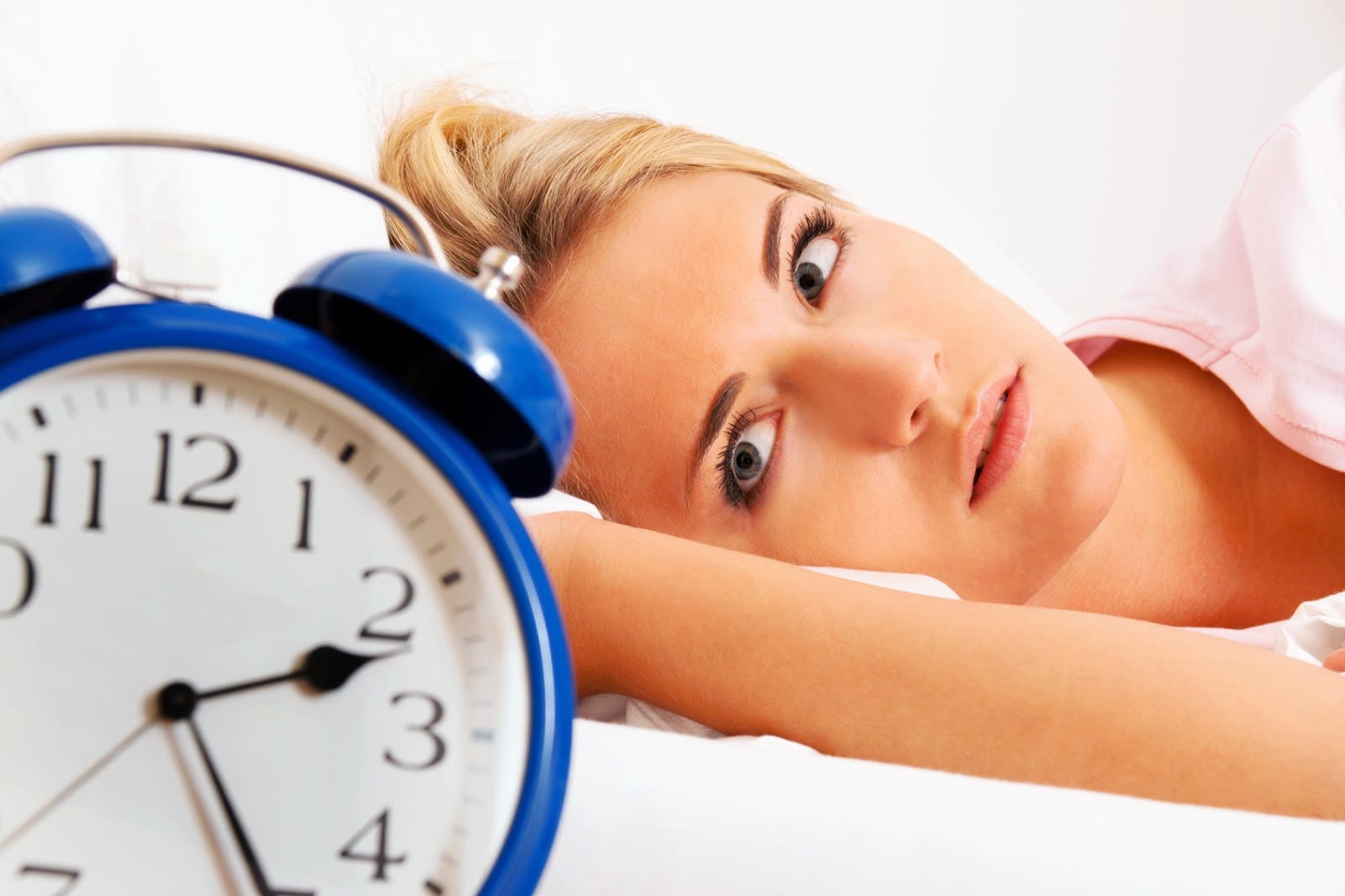Millions of people across the globe struggle with sleep apnea, often unaware they have it due to its nocturnal symptoms. Recognizing sleep apnea is crucial for seeking effective treatments and improving both sleep quality and overall wellness.
Hyperbaric oxygen therapy (HBOT) is an emerging treatment for sleep apnea, offering promising results. While not as commonly known as other treatments, HBOT has shown significant positive effects on sleep apnea symptoms.
Understanding Sleep Apnea: Types and Symptoms
Sleep apnea is a disorder that disrupts normal breathing during sleep, leading to repeated interruptions. Severe cases can cause breathing to stop hundreds of times a night, whereas milder forms involve persistent breathing interruptions. These pauses affect sleep quality and overall health by limiting the oxygen supply to the blood and organs, causing hypoxia. Consequently, the heart rate slows, and the body reacts to prevent suffocation, causing frequent awakenings.
This lack of oxygen can raise blood pressure and lead to severe health conditions such as diabetes, heart attack, stroke, heart failure, and cardiomyopathy. Symptoms of sleep apnea include:
- Loud snoring
- Night sweats
- Daytime fatigue
- Chronic headaches
- Restlessness during sleep
- Feeling of suffocation while asleep
- Cognitive issues like concentration difficulties, irritability, confusion, depression, or forgetfulness
Sleep apnea manifests in two forms: obstructive sleep apnea (OSA) and central sleep apnea. OSA, the more common type, occurs due to a partial or total blockage in the upper respiratory tract, causing the chest muscles and lungs to overwork. Central sleep apnea results from central nervous system dysfunction, where the brain fails to signal the body to breathe. Complex sleep apnea involves both forms simultaneously.
Traditional Treatments for Sleep Apnea: Timely intervention is essential for those with suspected sleep apnea to prevent severe health consequences. After diagnosis through a physical exam and sleep study, several treatments may be recommended:
- CPAP masks: Continuous positive airway pressure (CPAP) machines deliver oxygen through a mask, creating pressure to overcome airway obstructions.
- Auto CPAP masks: These masks automatically adjust air pressure as needed.
- Adaptive Servo Ventilation (ASV): This treatment monitors breathing patterns to ensure appropriate pressure for optimal oxygen saturation.
For those unable to use CPAP machines, supplemental oxygen therapy provides oxygen via a nasal cannula. However, this method doesn’t create pressure to clear blocked airways, nor does it prevent sleep interruptions or improve carbon dioxide retention.

Hyperbaric Oxygen Therapy for Sleep Apnea
What Is Hyperbaric Oxygen Therapy (HBOT)?
Hyperbaric oxygen therapy (HBOT) involves resting in a pressurized chamber filled with pure oxygen. This pressurization helps blood absorb more oxygen, promoting healing and reducing inflammation. HBOT has proven beneficial for conditions like radiation injuries and carbon monoxide poisoning and shows promising results for improving sleep quality in those with sleep apnea.
Enhanced oxygen saturation reduces inflammation in the airways, promoting better breathing during sleep. The pressurized oxygen environment also aids in new blood vessel growth and improved circulation. Each HBOT session typically lasts one to two hours, with the number of sessions varying based on the severity of sleep apnea.
Benefits of Hyperbaric Oxygen Therapy for Sleep Apnea
Oxygen and nutrient-rich blood vessels are vital for tissue health. Breathing highly concentrated oxygen in a pressurized chamber supports the body’s natural healing processes by:
- Improving blood circulation
- Stimulating the growth of new blood vessels
- Activating stem cells
- Reducing muscle soreness
- Alleviating inflammation throughout the body
Hyperbaric oxygen therapy can significantly enhance sleep quality, improving both physical and mental well-being. While there are few side effects, some individuals may experience temporary ear popping or sinus discomfort due to the pressure changes within the chamber.